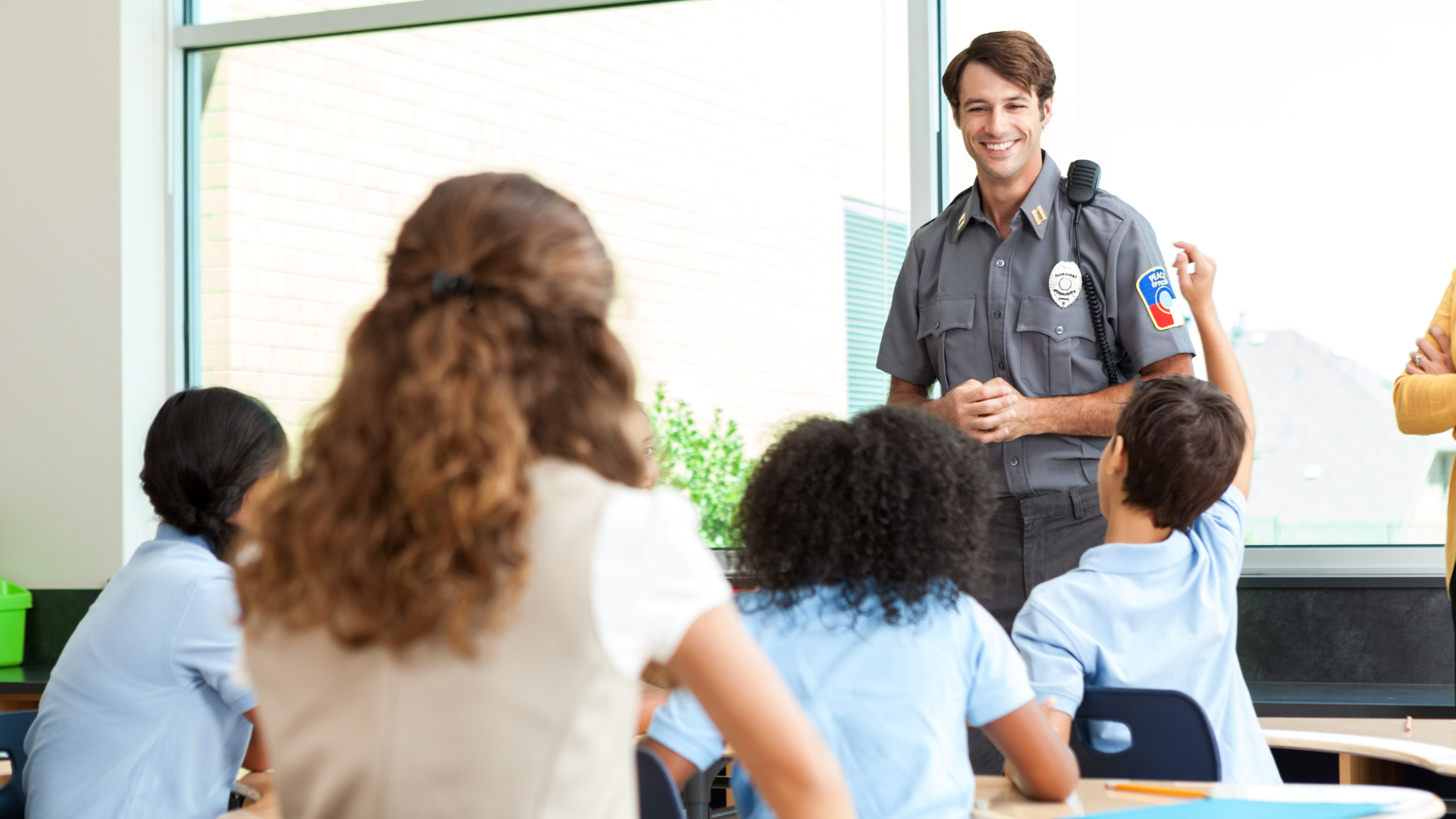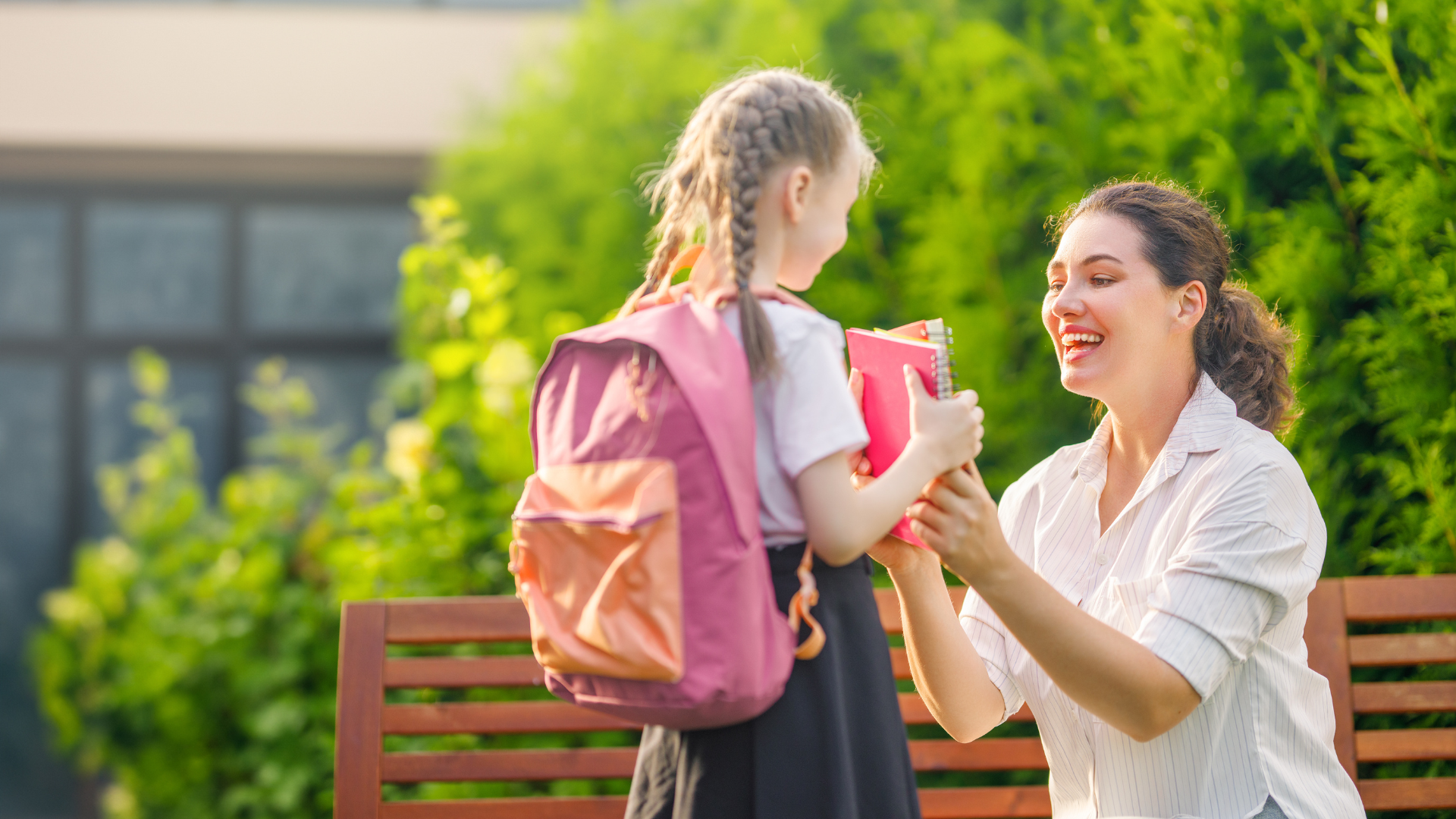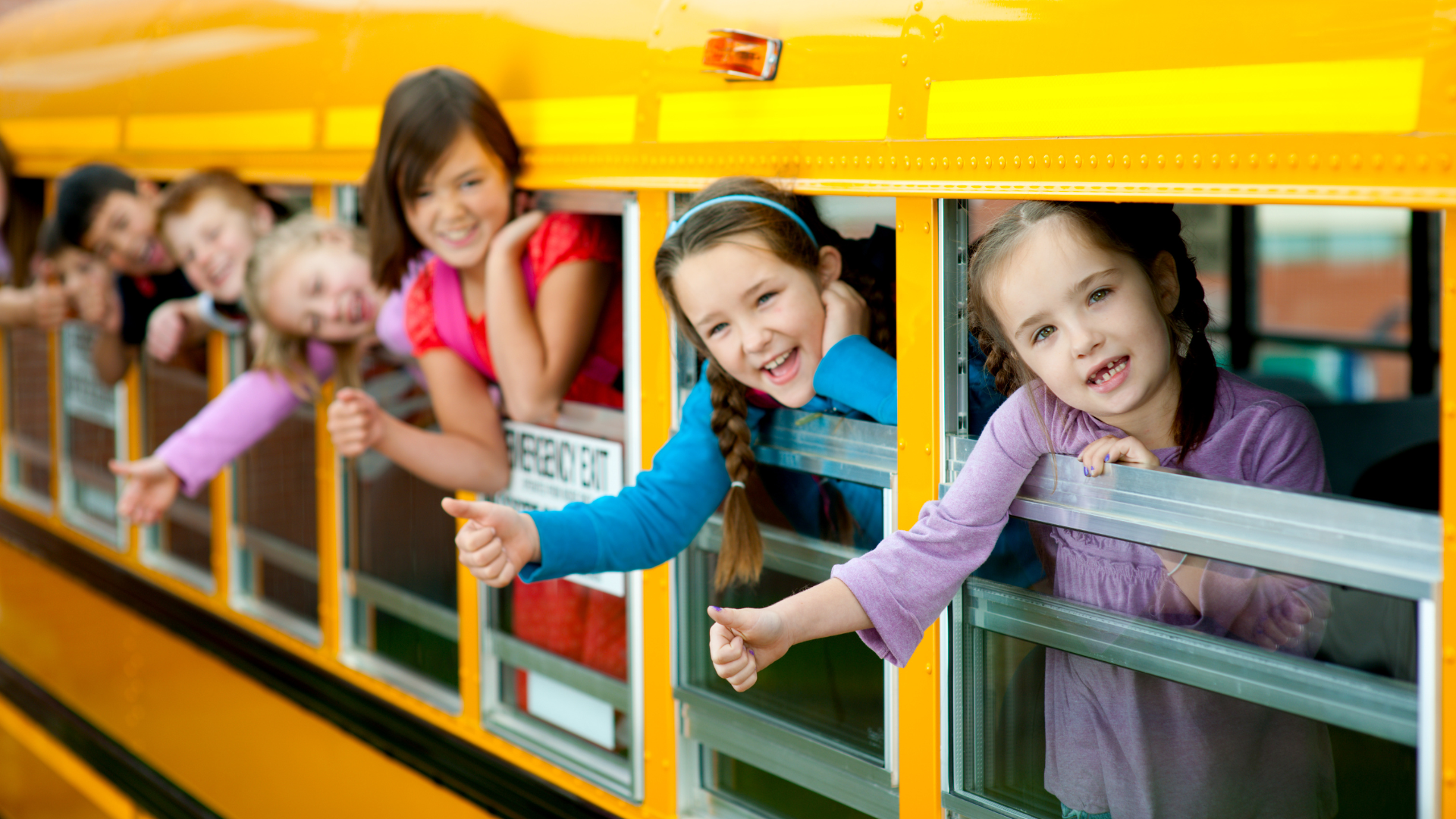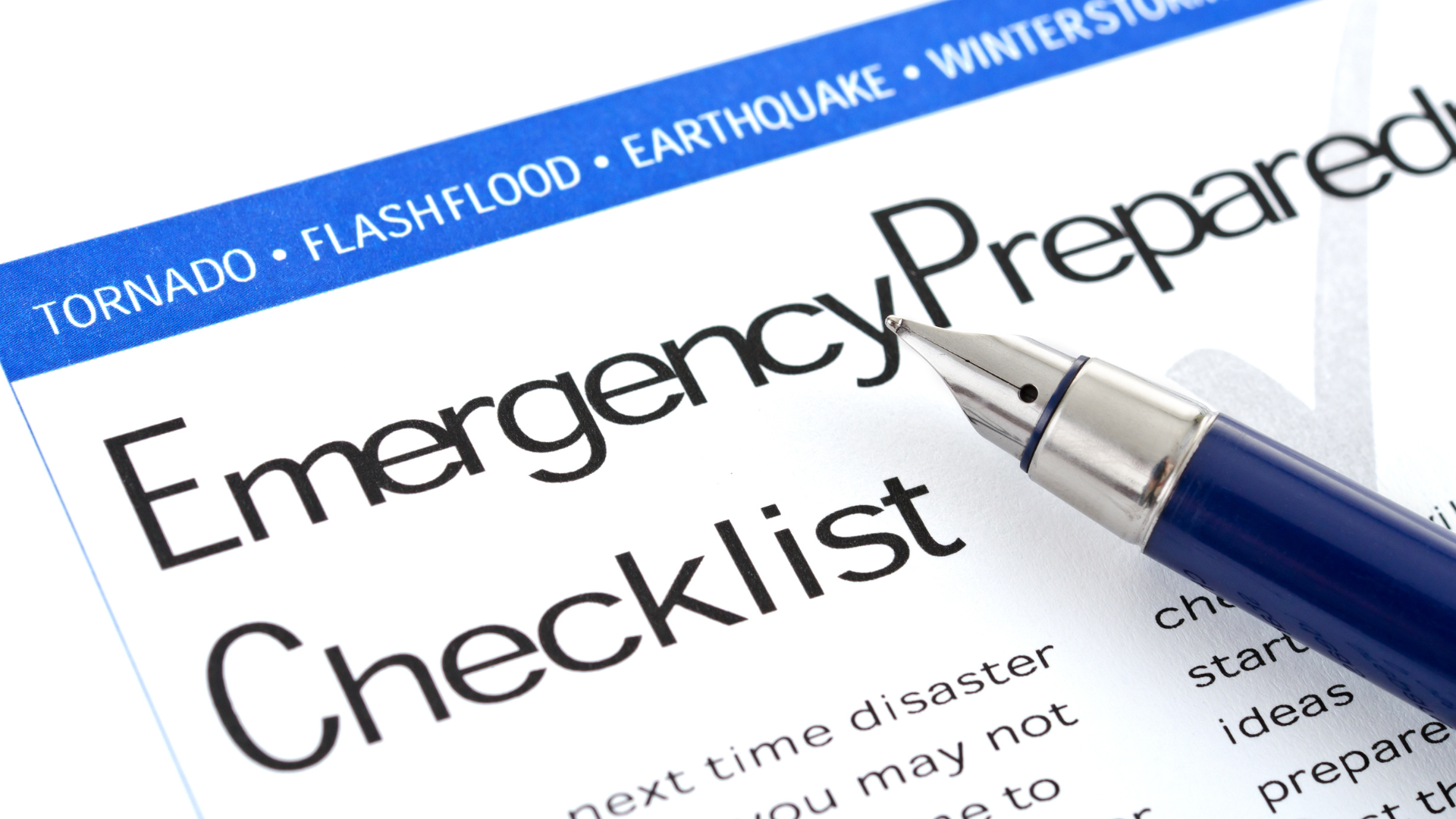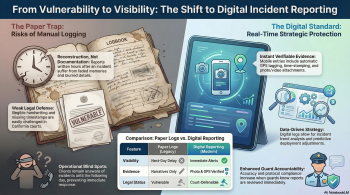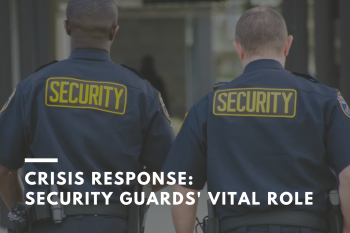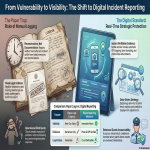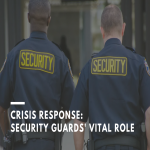Back to School Safety Guide: Helping Your Child Stay Safe
As the new school year approaches,
it’s crucial to think about your child's safety. Our Back to School Safety
Guide: Helping Your Child Stay Safe is designed to provide practical tips
and advice to ensure your child is secure both at school and on their way
there. Whether it’s their first day of kindergarten or heading into middle
school, safety should always be a priority.
Why School Safety Matters
School is a place for learning and
growth, but it’s also important to consider safety. Children spend a lot of
time at school, so it’s essential to make sure they are protected. This Back
to School Safety Guide: Helping Your Child Stay Safe will help you
understand why safety matters and how you can contribute.
Preparing Your Child for the School Year
- Discuss Safety Rules at Home
Before the school year begins, sit
down with your child and go over some basic safety rules. Talk about what they
should do in emergencies, like fire drills or lockdowns. Reinforce the
importance of following these rules. For instance, tell them, "If you hear
the fire alarm, follow your teacher's instructions and leave the building
quickly."
- Create a Safe Travel Plan
Discuss how your child will get to
and from school. If they’re walking, ensure they know the safest routes and
important landmarks. For instance, you might say, "Always use the
crosswalk and look both ways before crossing the street."
- Teach Them About Stranger Danger
It’s essential to explain stranger
danger in a way that’s easy for them to understand. Say something like,
"If someone you don’t know tries to talk to you, stay away and tell a
trusted adult immediately."
- Review School Policies
Make sure you and your child are
aware of the school’s safety policies. Schools often have specific procedures
in place to keep children safe. Familiarize yourself with these policies so you
know what to expect. For example, ask, "What do we do if my child needs to
be picked up early?"
Daily Safety Tips for School
- Check Their Gear
Make sure your child’s backpack and
supplies are in good condition. A well-organized backpack can prevent accidents
and make it easier for your child to find what they need. Ensure their backpack
isn’t too heavy and that it fits comfortably.
- Encourage Healthy Habits
Good hygiene helps prevent the
spread of illness. Remind your child to wash their hands regularly and avoid
touching their face. Additionally, pack a water bottle and healthy snacks to
keep them hydrated and energized.
- Promote a Healthy Sleep Schedule
Adequate sleep is essential for a
child’s overall well-being and safety. Ensure they get enough rest each night
so they are alert and ready for their school day. Set a regular bedtime and
stick to it as closely as possible.
- Keep Communication Open
Encourage your child to talk to you
about their day and any concerns. If they feel comfortable discussing their
experiences, they’re more likely to let you know if something seems off or if
they need help.
Online Safety Tips
- Set Up Parental Controls
If your child uses a computer or
tablet for schoolwork, set up parental controls to monitor online activity.
This can help prevent them from accessing inappropriate content and protect
their privacy.
- Teach Responsible Internet Use
Discuss the importance of not
sharing personal information online. Explain that they should never give out
their address, phone number, or other personal details to strangers on the
Internet.
- Encourage Critical Thinking
Help your child understand that not
everything they see online is true. Teach them to think critically about the
information they encounter and to ask for help if they’re unsure about
something.
Safety During Extracurricular Activities
- Check the Safety Measures
If your child is involved in
extracurricular activities, such as sports or clubs, make sure the programs
have proper safety measures in place. This includes first aid kits, trained
staff, and secure facilities.
- Provide Proper Gear
Ensure your child has the
appropriate gear for their activities. For instance, if they’re playing a
sport, they should have the right protective equipment. Safety gear is
essential to prevent injuries.
- Monitor Their Participation
Stay informed about your child’s
involvement in extracurricular activities. Regularly check in with their
coaches or activity leaders to ensure everything is going smoothly and that
your child is comfortable and safe.
Emergency Preparedness
- Create an Emergency Plan
Develop an emergency plan for your
family. This should include meeting points, emergency contacts, and procedures
for different types of emergencies. Make sure your child knows the plan and
understands what to do in case of an emergency.
- Teach Basic First Aid
It’s beneficial for your child to
know some basic first aid. Teach them simple skills like how to clean a wound
or what to do if they have a nosebleed. This knowledge can be useful in various
situations.
- Keep an Updated Medical Kit
Have a medical kit at home and in
your child’s school bag. Ensure it is stocked with essential items like
bandages, antiseptic wipes, and necessary medications.
Conclusion
The Back to School Safety Guide:
Helping Your Child Stay Safe provides you with essential tips to ensure
your child’s safety throughout the school year. By preparing your child,
promoting healthy habits, and staying informed, you can help create a safe and
secure environment for them.
Remember, safety is an ongoing
process. Keep the lines of communication open and review these tips regularly.
With a little preparation and vigilance, you can help your child have a safe
and enjoyable school year.
FAQs
What are the key elements of a school safety plan?
A school safety plan should include
emergency procedures, contact information, and protocols for various
emergencies. It’s important to be familiar with these plans and ensure your
child understands them.
How can I teach my child about online safety?
Explain the importance of not
sharing personal information online and encourage them to ask for help if they
encounter something troubling. Setting up parental controls and discussing
online behavior are also key steps.
What should I include in a medical kit for school?
A medical kit should include
bandages, antiseptic wipes, medications, and any other items your child might
need in case of minor injuries or health issues.
How can I help my child adjust to a new school year?
Discuss their feelings and any
concerns they might have about the new school year. Reinforce positive aspects,
such as making new friends and learning new things. Keeping a consistent
routine can also help ease the transition.
This comprehensive guide is designed
to help you ensure your child's safety as they head back to school. For more
tips and information on keeping your child secure, visit Unified Security Guard.
